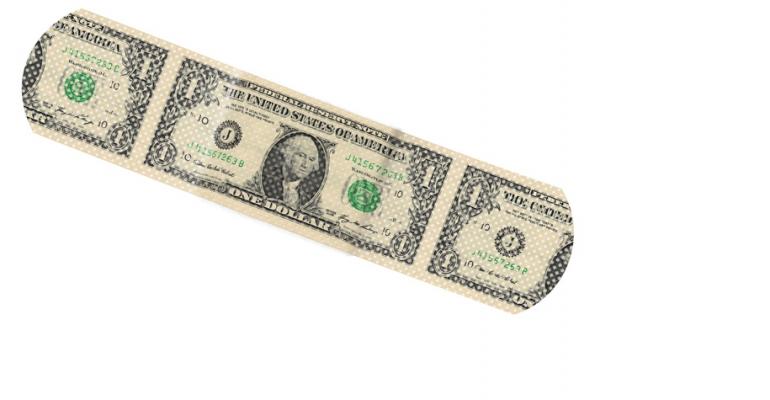A bipartisan stimulus bill introduced to the U.S. Congress on February 25 would, if passed, provide help to the meetings and travel industry in the form of tax breaks.
Among the key elements of the Hospitality and Commerce Job Recovery Act of 2021 is the establishment of a three-year business tax credit to support conventions and trade shows. Legislators have proposed a business credit (or a refundable payroll tax credit in the case of nonprofits) for the cost of attending or hosting a convention, meeting, or trade show in the U.S. between January 2022 and December 2024.
Specifically, the tax credit would cover:
• 50 percent of the “qualified participation costs” paid or incurred by the taxpayer. Those are defined as costs incurred to attend a qualified event, including registration fees, lodging, and costs associated with exhibitions.
• 100 percent of the “qualified restart costs” paid or incurred by an eligible facility. These are defined as costs associated with reopening facilities designed for conventions, business meetings, or trade shows, if the facility was forced to close down or reduce operations due to the Covid-19 pandemic—including any renovation, remediation, personal protective equipment, cleaning, testing, or labor costs needed to prevent the spread of Covid-19.
This section of the bill “is what we have been asking for, and then some,” says Sue Sung, senior vice president, corporate strategy at Freeman and a leader for the Go Live Together advocacy group arguing for federal Covid-19 recovery funding. “This is a great bill for the industry. It recognizes the important role hospitality and tourism, including business events, are for driving local economies.”
The bill would also temporarily restore deductions for entertainment and meals that were made in the 2017 Tax Cuts and Jobs Act. That act “eliminated the deduction for expenses related to activities generally considered entertainment, amusement, or recreation. It also limited the deduction for expenses related to food and beverages provided by employers to their employees,” according to the Internal Revenue Service. In the new bill, the deductions would be restored for two years, for expenses between December 31, 2020 and January 1, 2023.
Introduced by Sens. Catherine Cortez Masto (D-Nev.) and Kevin Cramer (R-N.D.), and Reps. Steven Horsford (D-Nev.), Darin LaHood (R-Ill.), Tom Rice (R-S.C.), and Jimmy Panetta (D-Calif.), the bill also includes tax credits for the restaurant industry and for individual travelers. The latter is capped at $3,000 in travel expenses for a family of five and begins phasing out for individuals making over $75,000 per year (or $150,000 for married couples).
Sung says that while the Hospitality and Commerce Job Recovery Act of 2021 has been introduced as a standalone bill, it’s not expected to be voted on by itself and will likely get wrapped into some broader package. “As I understand it, there is nothing being discussed by Congress that will happen before mid-March,” Sung says.
However, she believes the time is right for a bill that focuses on getting back to work. “Everything that's come down the pike so far has been about relief. It hasn't been about helping businesses, reopening economies, and restarting jobs,” Sung says. “There's going to be a lot of pressure on Congress, especially as the public health crisis starts to wane, to reopen the economy and industries like ours that have been decimated.”
The U.S. Travel Association has thrown its support behind the bill and, among other efforts, has submitted a letter of support for the bill endorsed more than 80 travel and meetings industry organizations. “The evidence is abundantly clear: There will not be a U.S. economic recovery without a travel recovery, and travel cannot recover without strong and innovative policy assistance,” said Roger Dow, president of USTA. “Even with the ray of hope provided by vaccines, it is unclear when travel demand will be able to rebound in earnest. This bill contains critical provisions to assist in rebuilding this crucial but suffering American industry.”





